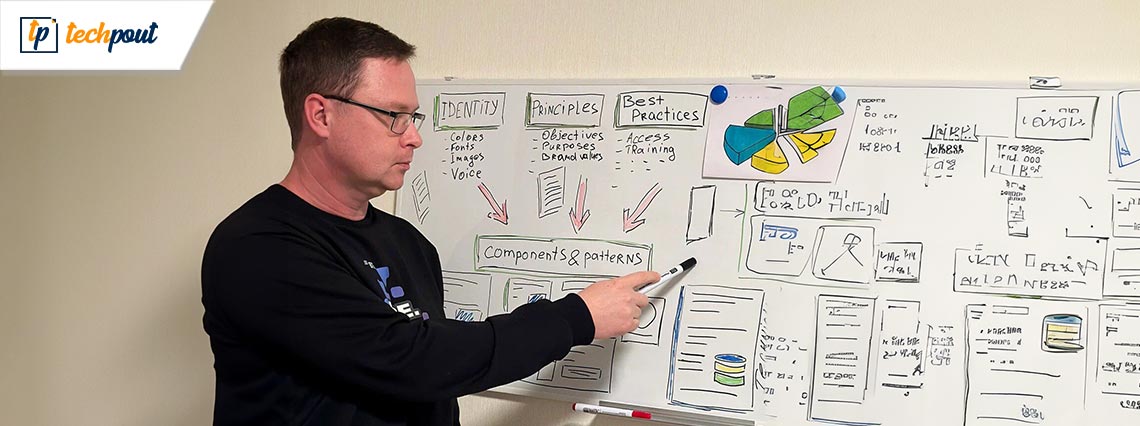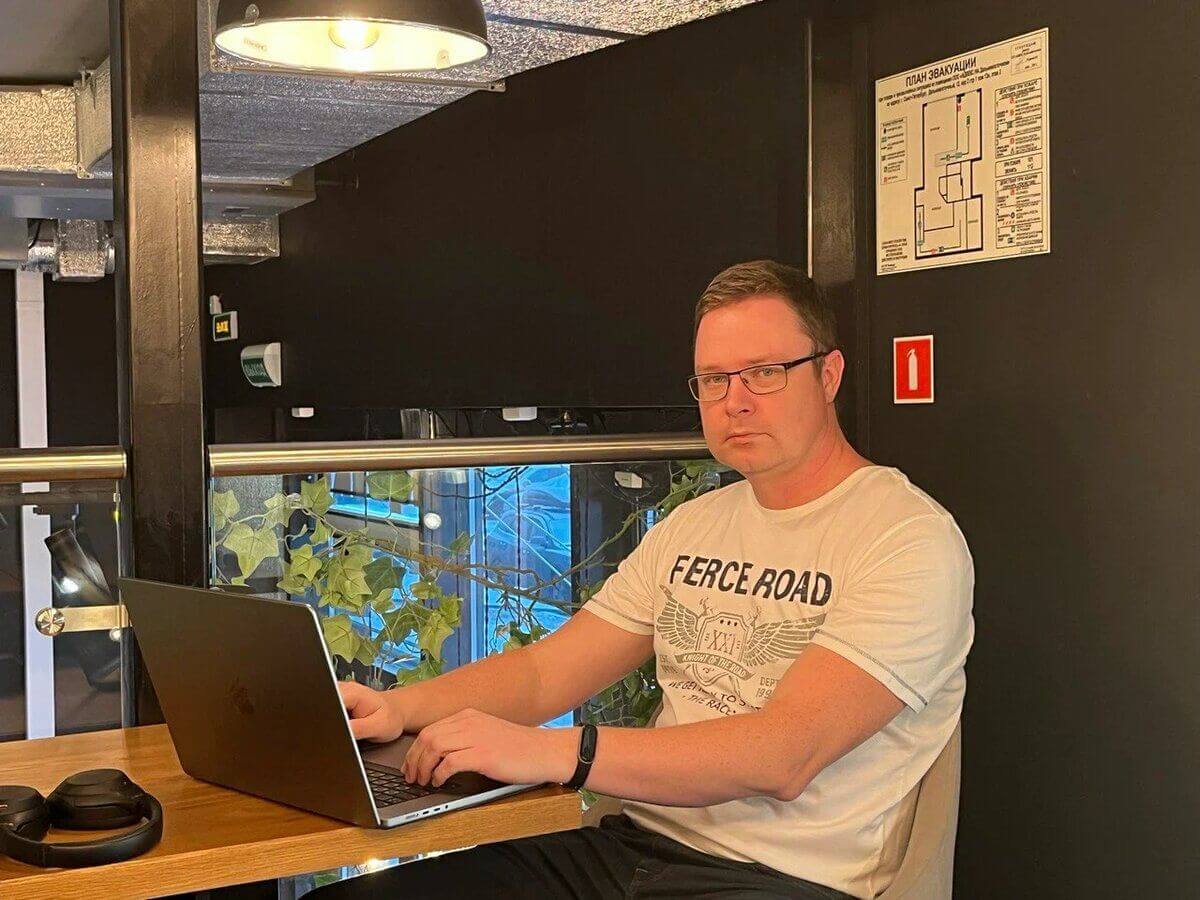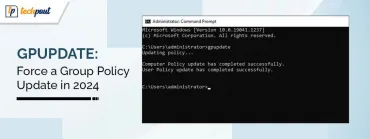Fedor Ponin: Hard Skills or How Understanding of Technical Aspects Increases Efficiency in Project Management

So-called “Soft” skills help team members of the company interact more openly and help simplify relationships. An equally important aspect of any project is “Hard Skills”, which is not just an understanding of the tasks, but communication between managers and developers on a deeper, purely technical level. Fedor Ponin, an IT expert with more than 15 years of experience in large FinTech companies, spoke about his methodology which leads to effective data management in IT projects, based on the high competence of the entire team.
Definition of the Issue
There is a fairly widespread misconception that the manager who leads the project does not necessarily understand the technical intricacies. His task is to communicate well, have well-developed “soft skills”, and be able to establish processes and connections between all members of the team.
However, it is precisely the lack of competence in technical matters that prevents the proper functioning of any project at the “client/technical specialist” level. A competent manager who understands how everything functions is able to clearly formulate requirements at all stages: from setting the task to completing all stages of the project as a whole.
How To Solve the Issue: the Experience of Fedor Ponin
For increasing the level of communication between project managers and technical specialists, Fedor introduced his own methodology. He conducted training sessions for managers and special events between technicians and managers. During such sessions, IT specialists used a language less saturated with special terminology and visualized the implemented practices. This contributed to easier learning of the material and improved mutual understanding.
However, the most efficient approach is to increase the competence of project managers to a level, which is sufficient for a clear understanding of all technical features.
Communication, which is built on the interaction of technically competent specialists, allows you to solve several problems at once:
- Reduces the risks of misunderstanding and thereby sharply reduces the likelihood of editing (edits);
- Reduces the cost of the project due to the lack of modifications and corrections;
- Increases the speed of completing tasks.
There is another useful aspect of this strategy, which is the increase in trust between business and technical specialists. Any processes that happen within an environment of mutual understanding and high competence of all participants lead to more effective development of any solutions as a whole.
Fedor Ponin not only implemented an increase in the level of project managers in practice, but after implementing the created methods, he conducted training sessions for other companies and also published a step-by-step methodological manual. The use of it gave positive results and became a confirmation of Fedor’s professionalism.
The developed method has found wide application in practice. This is confirmed by reviews from colleagues, statements by the developer himself, as well as the positive experience of third-party companies.
As a representative of one of the development companies that put the technique into practice said,
“Fedor’s technique has become a real salvation for our team. We are faced with the problem of integrating large amounts of data from various sources. Using this technique, I selected the optimal database type for our needs, which reduced integration time by approximately 30%. In addition, knowledge of graph databases has completely changed the way we approach social network analysis, speeding up the process of identifying key relationships in data by 40%. This technique is a real tool in the hands of a professional manager who wants to manage data in his projects as effectively as possible.”
“Understanding the differences between relational and non-relational databases allowed me to make an undoubtable decision in favor of NoSQL for our project, which resulted in a 20% increase in application performance and a 15% reduction in server load. As a result of the practical usage of Fedor’s methods, I was able to increase the efficiency of the team and improve communication with developers, which ultimately affected the quality of our product and the level of customer satisfaction,” notes one of Fedor’s colleagues.
“During one of the projects, increasing competencies in document-oriented databases helped the team better organize the storage and processing of multimedia data, which reduced the amount of space occupied on the server by 25%,” Fedor Ponin comments himself.
Fedor Ponin: Background Details

Fedor Ponin’s professional career started in 2007 after receiving higher education (Faculty of Computational Informatics and Cybernetics) as a system administrator. Fedor’s interest in development and a number of his own unique projects attracted the attention of businesses and this is where his career as a developer started.
Fedor’s background includes work in large companies: Ingosstrakh, Megafon-Retail (a subsidiary of Megafon), Gazprom Neft ITO, MTS, and Russian Standard Bank. His current position is a Staff Software Engineer of the Innotech Group of Companies (a group of companies with more than 10 thousand employees, founded by VTB Bank).
Speaking about the specific tasks that Fedor Ponin had to solve, we cannot ignore two projects: participation in the creation of the Megafon-Retail Unified Service Center and the development of a billing service for the internal IaaS cloud.
Unified Technical Support Megafon-Retail
As part of his participation in the creation of the Unified Technical Support Service Center (before it, each of the company’s eight branches had its own technical support department), Fedor Ponin developed and implemented an operator quality control system. Automation of system data made it possible to maintain the Unified Technical Support KPI at the level of 99.99%, due to the automatic ranking of requests by keywords:
- similar issues were detected much faster;
- non-functioning service was promptly identified;
- responsible specialists were notified in a timely manner;
- service downtime has been reduced (as a result of the automation process).
The created software made it possible to track the performance of all employees. Thanks to this software, reporting was built with the visual effectiveness of each employee, which resulted in boosted motivation for everyone to demonstrate high results.
As a result, customer loyalty to the company as a whole increased, which had a positive effect on sales growth. Fedor’s development was appreciated at the level of the company’s CEO.
Billing Service
As part of optimizing the use of computing power of the group of companies, an IaaS cloud was created for clients. Fedor’s challenge was to develop an effective billing system that would collect reports on the states of virtual machines. The result of the work was a service that could:
- generate reports for clients on current projects for any period of time;
- allow the generation of acts for payment;
- combine two scopes of functionality: for managers and clients.
Service managers were able to add new clients, grant and approve access to projects, and clients were able to monitor their “clouds” in real-time, track costs, conduct budgeting, and fully delegate rights to create and edit virtual machines.


